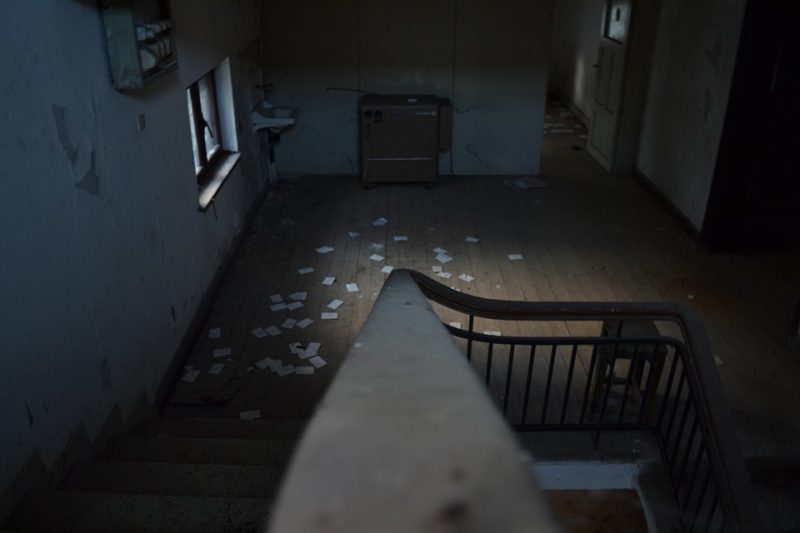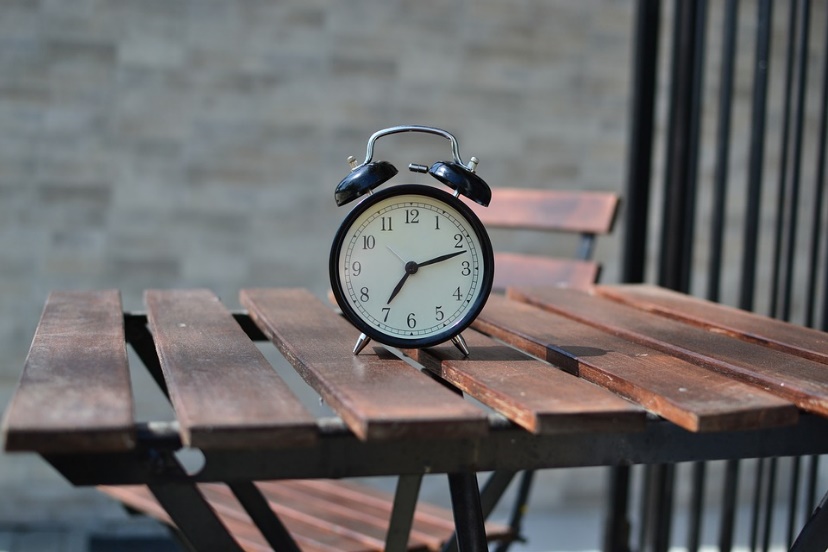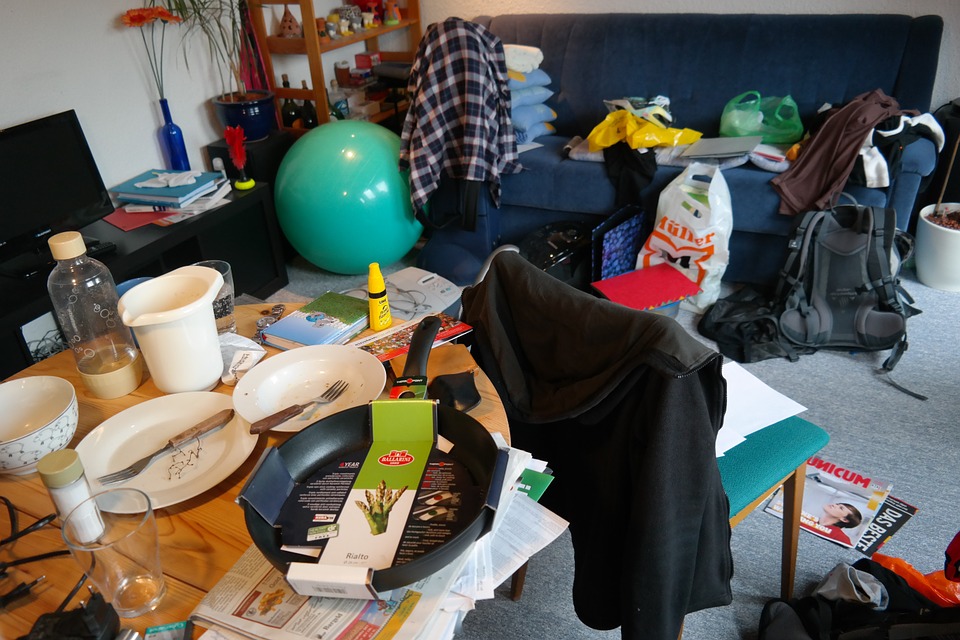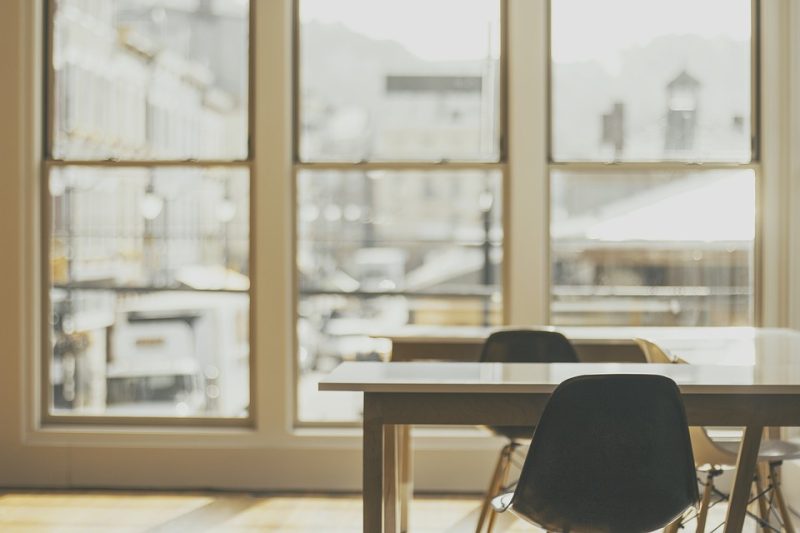As tutors, we often visit students in their homes and notice that they’re using the dining room table or the couch to study. It seems like the desk and overhead lamp are a thing of the past! But they shouldn’t be! A good study space is a key component of academic success – it allows students to focus, un-distracted, and really learn while they study or do homework.
We have a few tips for parents and students about setting up a prime study space to maximize learning and minimize distractions!
A Quiet Secluded Area
Loud noises and distractions are the bane of effective studying. A good study spot should be free of distractions including: pets, siblings, kitchen sounds, electronic devices, and tempting views of others playing in the front yard. A lot of students study with the TV on, breaking occasionally (or super often) to SnapChat a friend, pet the dog, or have a snack. This mental “switching” is un-conducive to learning. Instead, find a quiet corner of your dorm, library, basement, or bedroom where you can be free of distractions. Although it is painful, put your phone and instant messenger away – they’re really tempting and draining to your brain while it tries to focus on learning a new subject. Steer your full attention into the subject. You’ll learn more and study faster, allowing you to get back to fun stuff like your phone and friends more quickly!
A great study space will be clean and bright, with minimal distractions.

Put. Your. Phone. Away
We’re millennials – we’re all addicted to our phones.
Your brain actually gets a little rush of dopamine every time you touch or check your phone. It’s not, in our opinion, enough to put your phone on silent or airplane mode – even the sight of it is too tempting for most students.
Put it in the other room and decide a time when you can go check it again. You’ll notice that over time, you may become less addicted to your phone if you can exert this level of self control. And you really will be more focused when you study!
Computers Too!
We recognize that a lot of schoolwork happens on the computer nowadays. But be cognizant of the fact that you may be getting distracted by Facebook and other apps. Turn off distractions and pull up only what you need to in order to accomplish your work (a Microsoft Word document or your IXL Math Drills website, for instance).
Sit At A Table
Working at a table will allow you to keep your materials organized in front of you, will keep you from falling asleep, and facilitates writing and typing better than sitting on a couch or bed.
Get a Comfy Chair
Nothing is worse than an uncomfortable chair. But you don’t want it to be too comfortable or you might doze off!
Find a sturdy upright desk chair that is comfortable to sit in for an hour. And take a break to stand and stretch every so often to avoid cramps.

Make Sure It’s Well Lit
Who wants to study in a dreary dungeon? Make sure your study space has good lighting that inspires hard work.
That lighting can be natural (from the outside) or from lamps, but it’s best to have both so that you can study during the day and night with ease.

Tick Tock
Get a nice big clock for your study space that helps you stay on track.
You can set goals (I’ll study distraction-free for 30 minutes and then I can go watch TV).
Consider a clock that actually ticks for that old fashioned feel. If it distracts you, you might opt for a digital one instead.

Stock It Beforehand With Supplies And Keep It Organized
We can’t tell you how many times tutoring or studying get delayed for our students because they forgot something they needed – a math textbook, a pencil, water.
Take steps in advance of studying to organize your study space and stock it well – with pencils, paper, your calculator, your textbooks, and snacks! Those “quick trips” to the kitchen or bedroom really add up and break you out of your study flow.
Also, keep your space super organized. Who can study in that room on the right? What a nightmare!
You’ll feel calmer and more focused in a clean and tidy space.
P.S. Being Organized Doesn’t Just Apply To Your Home!
If you choose to use a location outside of your house, keep that stocked and tidy too. Your backpack should be super organized with folders – no papers jammed and torn in the bottom.
Create a routine so you can check to make sure you have everything – for example, choose colored folders and notebooks like the rainbow for each subject. Math (red), Science (orange), English (yellow). Before you head off to study, you can check to make sure you have every color and haven’t forgotten anything. And if you have a coffee shop you like to study at, make sure you are fully prepared before you head over.
If it’s getting too crowded and distracting, get out of there and find a quieter spot.
Don’t Use Your Study Space For Anything Else
Your study space should be for studying! If you use this space only for studying, your brain still start to “get in the mode” to study when it enters the space. Your brain will recognize that it needs to calm down and focus when it enters the room. If you mix in other activities like socializing or watching TV, it’ll break down this pattern recognition.
Bottom Line:
A great study space requires effort to set up and self discipline to maintain. However, a study sanctuary that is distraction free and fully stocked will be sure to increase your productivity and academic performance.
NEED A TUTOR?
If you feel that a tutor could be beneficial to you or your child, consider calling us for a free phone consultation. We have a team of experienced and relatable tutors who can help inspire your child to try harder and do better in school. We tutor all subjects, not just math. Our tutors can even help your child set up an optimal study space! Give us a call today: 718.552.0300


